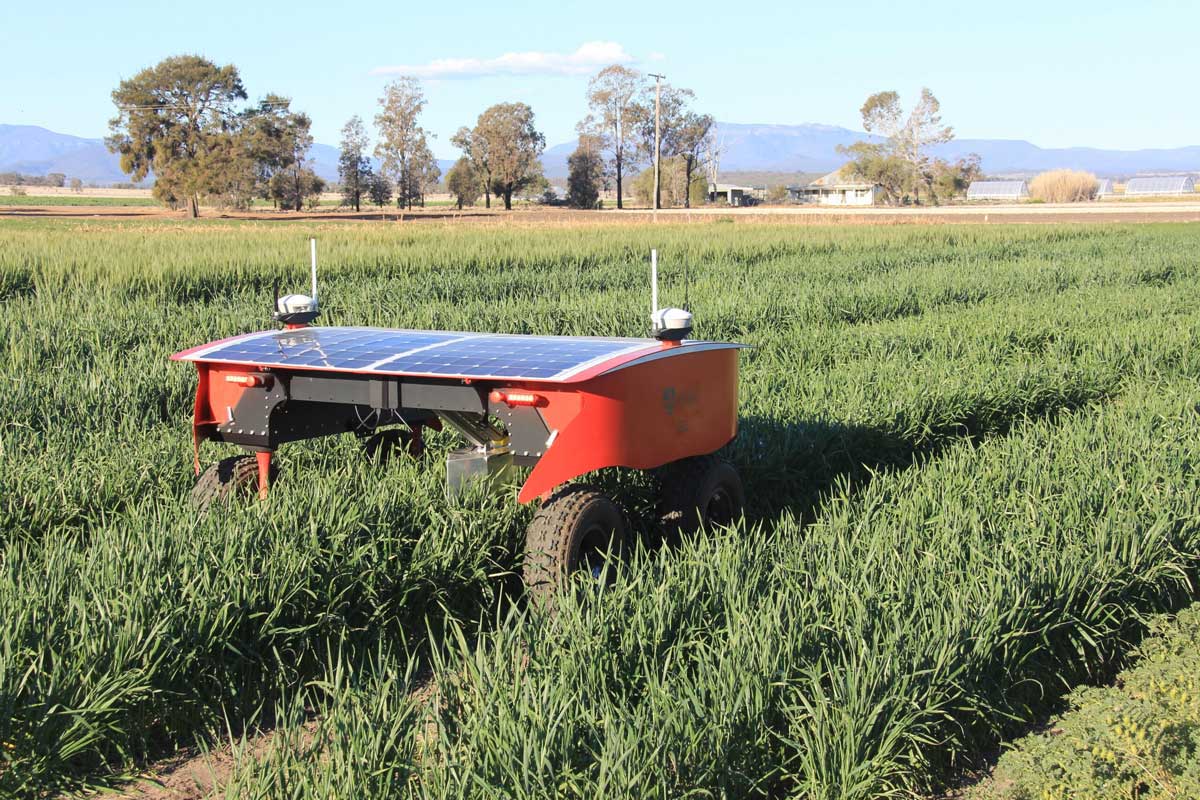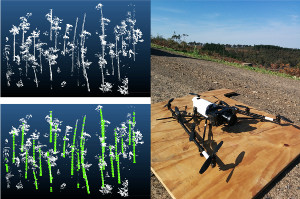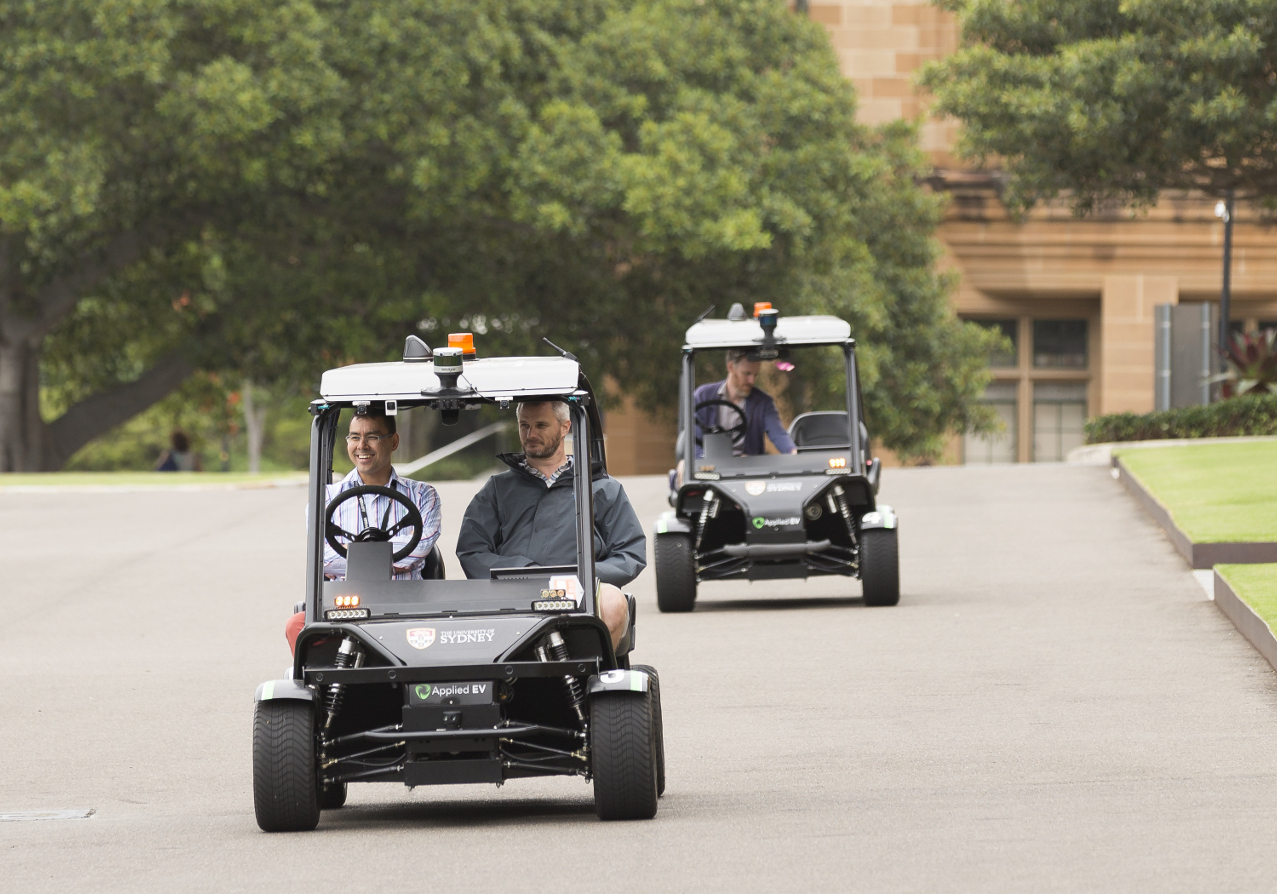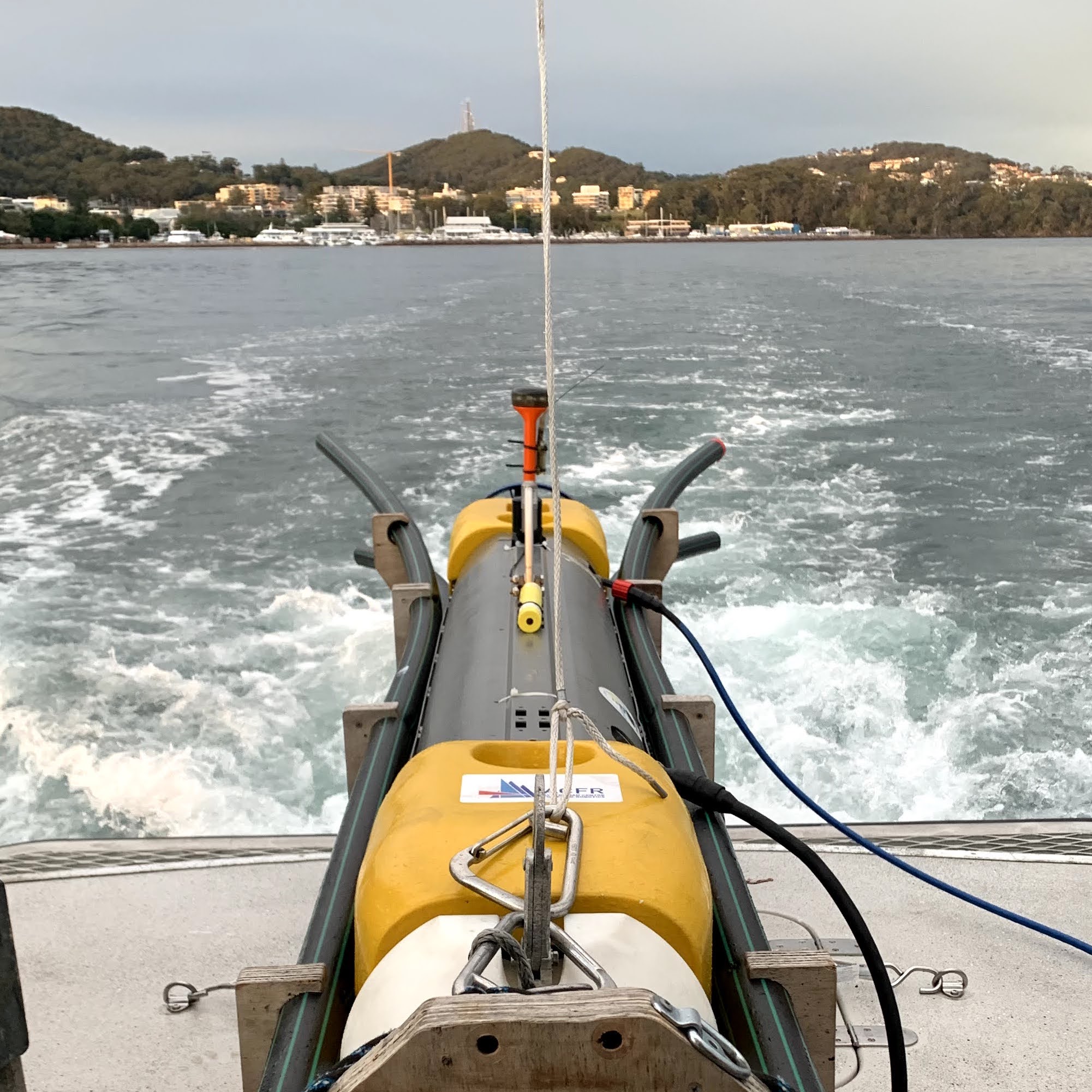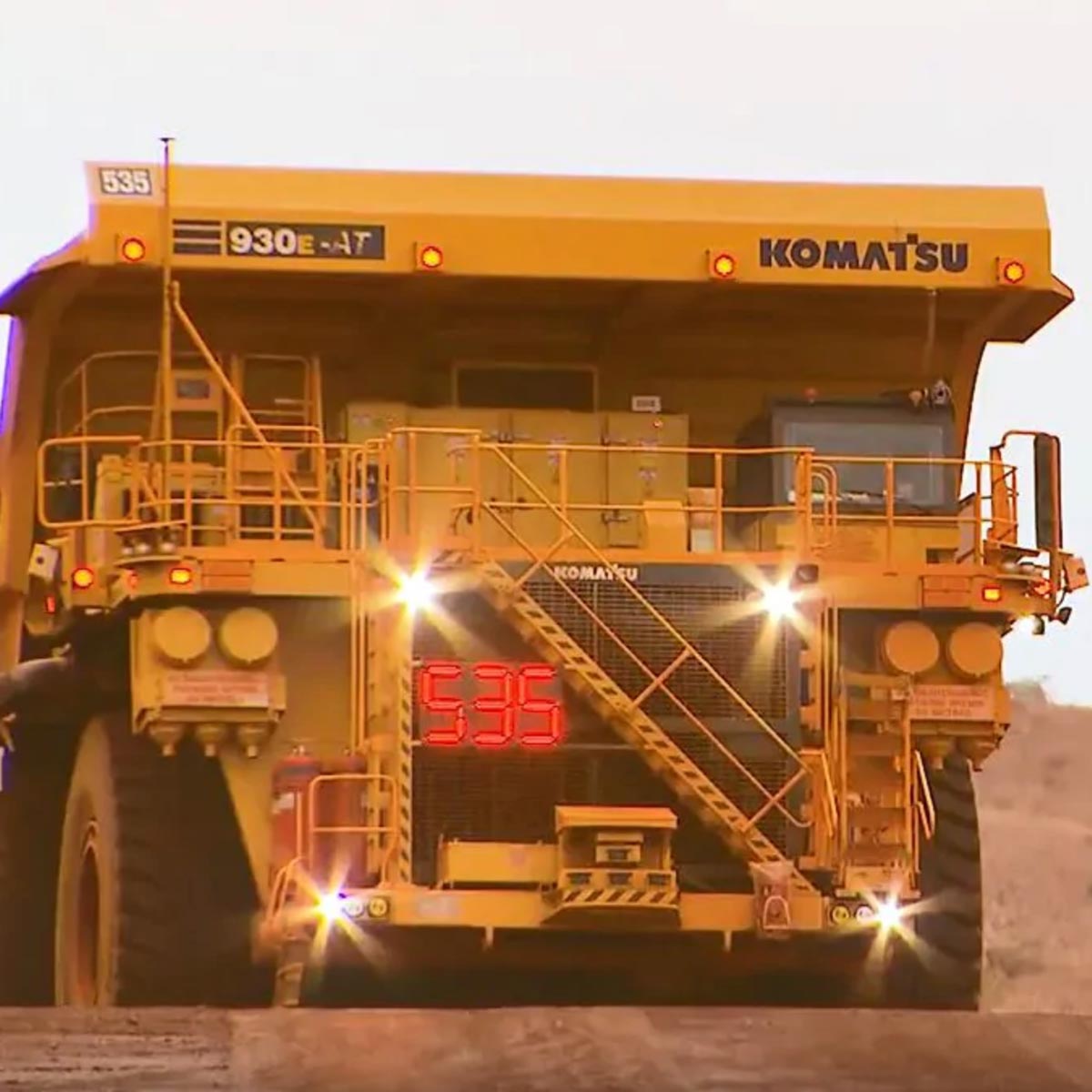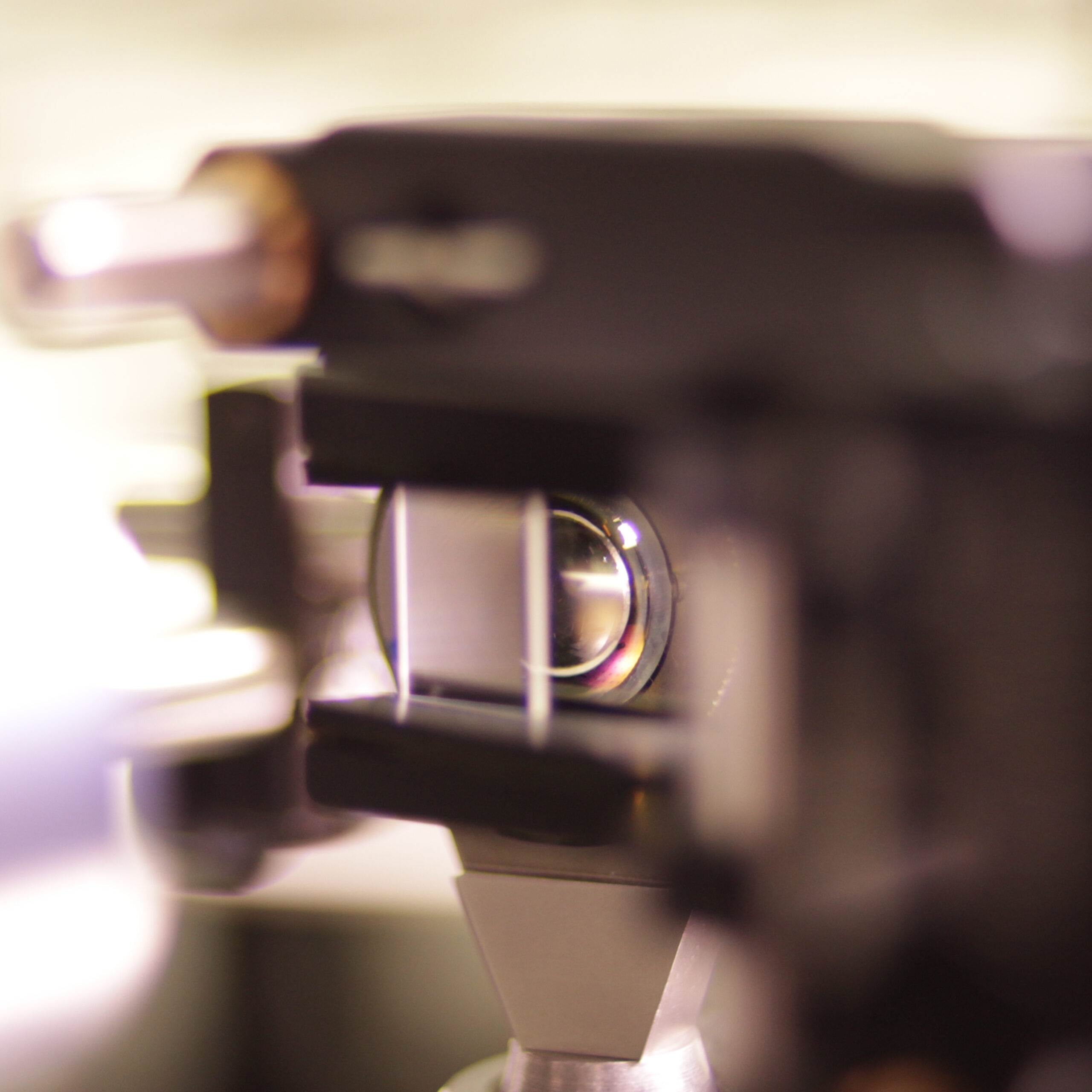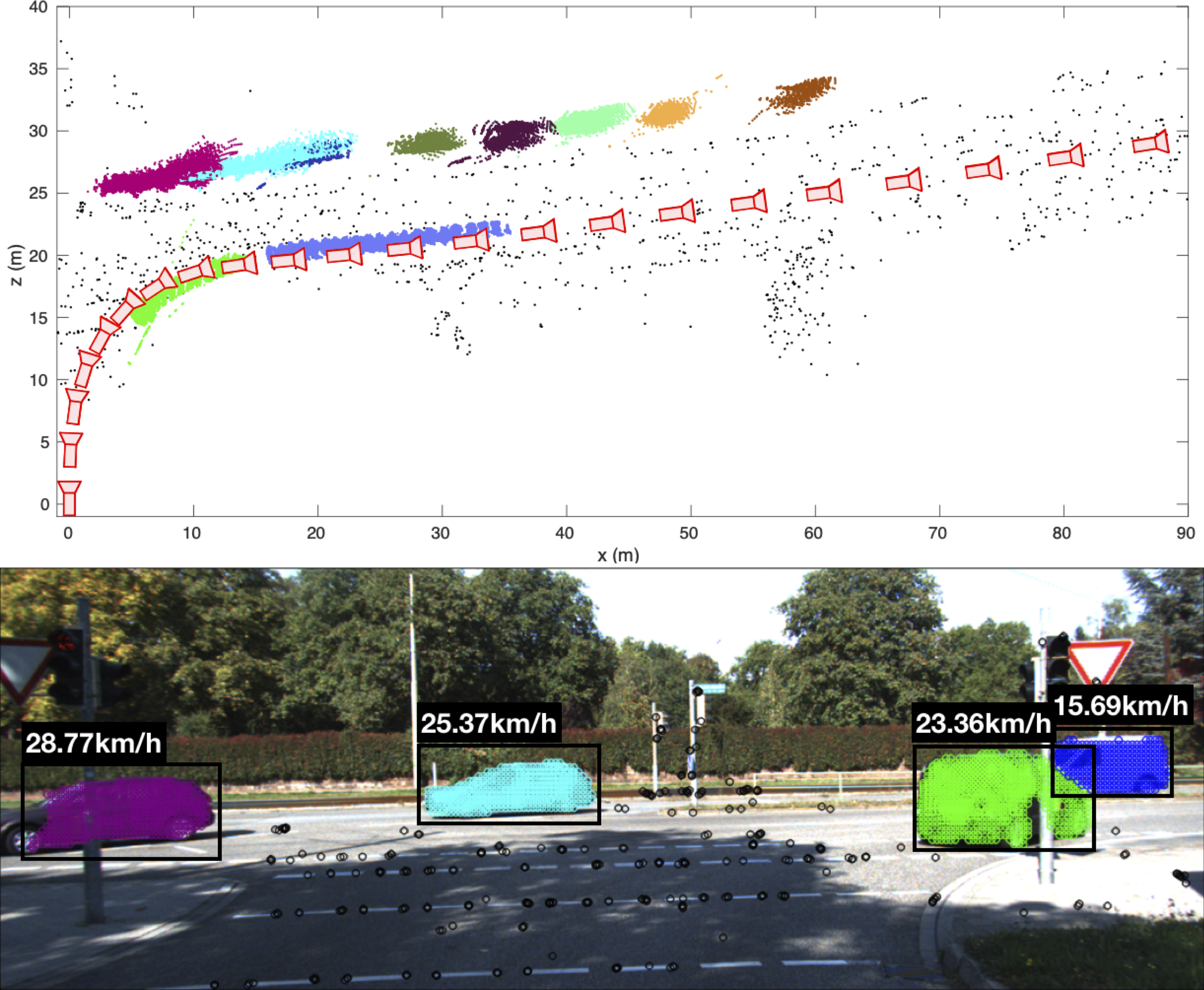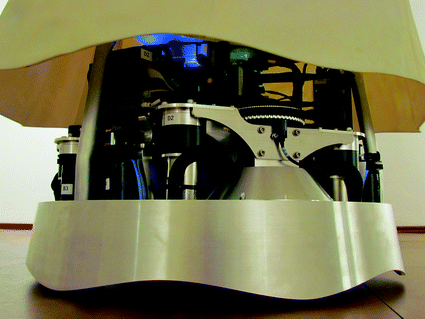We study the deep technical challenges of autonomous intelligence in complex scenarios, research the role of robots in society, and work closely with industry to maximise the benefit of robotics and intelligent systems. Our research covers a broad range of fundamental and applied areas. The following pages provided an overview of our current work.
-
Agricultural Robotics
We’re working on a range of innovative projects involving robotics and intelligent software, such as unpiloted air and ground vehicles for farming specialty crops, trees, livestock, and weed management. Farmers around the world are experiencing a number of pressures including the impact of climate change on crop yields, new pests, shortage of labour, increasing input…
-
Forestry Robotics
Forests provide natural habitats, opportunities for recreation and a sustainable resource base for the forestry sector –one of the largest primary industries in Australia and New Zealand. We’re working with our industry and academic research partners to develop new technologies for measuring and managing forest resources using state-of-the-art sensors, robotics, autonomous systems and intelligent processing…
-
Intelligent Transportation Systems
Vision & Mission To improve urban transport systems through innovative research and technology, creating safer, more efficient, and sustainable cities. Our mission is to develop intelligent transportation technologies, Connected and Automated Vehicles (CAVs), and smart infrastructure solutions. We work with global partners to solve mobility challenges, enhance road safety, and make transport systems more effective.…
-
Marine Robotics
We undertake fundamental and applied research in a variety of areas related to the development and deployment of marine autonomous systems. The ACFR, as operator of a major national Autonomous Underwater Vehicle (AUV) Facility, conducts AUV-based surveys at sites around Australia and overseas. These AUV surveys are designed to collect high-resolution stereo imagery and oceanographic…
-
Mining Automation
The Rio Tinto Centre for Mine Automation (RTCMA) is a collaborative research project in partnership with Rio Tinto spanning over a decade. Our research brings together multiple highly technical academic disciplines of perception algorithms, sensing technologies, machine learning and data fusion, operations research, stochastic optimisation and control theory. This technology transfer into Rio Tinto is…
-
Robotic Imaging
Robotic imaging explores how new imaging technologies can help robots see and do. We’re developing new devices and algorithms that allow robots to operate under a broader range of conditions and with greater levels of autonomy. Nature has not settled on a single eye design: different evolutionary niches benefit from different combinations of optics and…
-
Robotic Perception
To achieve autonomy, a robot must be able to simultaneously build an accurate representation of the world, often called a map, and localise itself and other objects in the environment. Creating these maps is achieved by fusing multiple sensor measurements of the environment into a consistent representation using estimation techniques such as Simultaneous Localisation And…
-
Social Robotics
We’re advancing the understanding of how technological innovation impacts society’s complex infrastructures and human behaviour. We aim to design robotics and artificial intelligence systems that positively support our socio-technical environment. Our world is rapidly changing as robotics, automation and pervasive information and communication technologies become embedded within our social, environmental and economic spheres. These “intelligent”…

